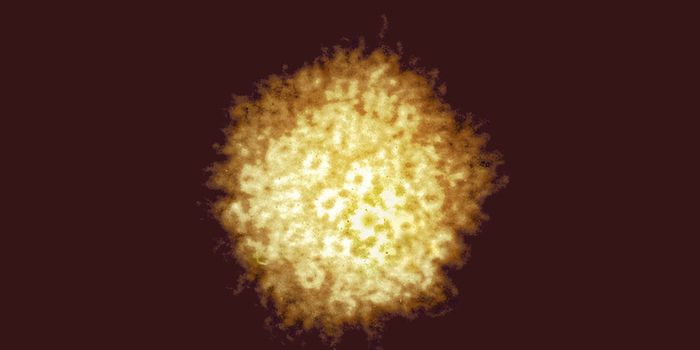A Parasite Carried by Cats is Linked to Adult Frailty
Many people are familiar with a parasite called Toxoplasma gondii because it is carried by cats, and when people are changing litterboxes, there is a slight risk of exposure. The parasite is also found in undercooked meat and shellfish. Once infected, people carry the parasite for the rest of their lives. As many as 40 million Americans may be hosting T. gondii, and in some countries, 65 percent of people could be infected. But very few people who are infected with this parasite show any obvious symptoms. However, some people get toxoplasmosis, in which they experience flu-like illnesses. They may also go on to develop severe toxoplasmosis, and organs including the brain and eyes can be affected.
A new study reported in the Journals of Gerontology Series A: Biomedical Sciences and Medical Sciences has suggested that T. gondii could also be related to a loss of muscle mass and exhaustion, or what is known as frailty in older people.
"We often think of T. gondii infection as relatively asymptomatic, but this study highlights that for some people it may have significant health consequences later on," said study co-author Christopher Lowry, a professor at the University of Colorado Boulder.
In this work, the investigators analyzed blood samples from 601 Spanish and Portuguese volunteers who were over the age of 65. They also assessed various health characteristics, including fatigue, unintended weight loss, frailty, and declining health, among some other conditions.
The research revealed that 67 percent of the study subjects had been infected with T. gondii; they carried antibodies to the parasite. The study did not show that T. gondii infections can cause frailty, but those people who had higher levels of T. gondii antibodies were far more likely to be frail. The higher antibody levels may be indicative of more intense infections, multiple infections, or a reactivation of a dormant or latent infection, the study authors suggested.
"This paper is important because it provides, for the first time, evidence of the existence of a link between frailty in older adults and intensity of the response to T. gondii infection," said study co-author Blanca Laffon, a professor of psychobiology at the Interdisciplinary Center of Chemistry and Biology at University of A Coruña.
There were also higher levels of some inflammatory markers in people with higher levels of T. gondii antibodies, which could indicate a connection between T. gondii infections, increases in inflammation, and aging.
Senior study author Dr. Teodor Postolache, a professor at the University of Maryland School of Medicine, also noted that the parasite tends to hang out in muscle tissue. There, it may be promoting age-related muscle wasting, known as sarcopenia.
Rodents are a primary host of T. gondii, and those that are infected become less afraid of cats, and easier to catch. There has also been evidence that people infected with T. gondii will become more impulsive, and engage in riskier behaviors. There are also higher rates of mental disorders like suicide attempts and schizophrenia among people infected by T. gondii.
While this work has not demonstrated that T. gondii causes frailty, the study authors suggested that more research should be done on that question.
Experts recommend cleaning cat litter boxes every day and washing hands afterward, rinsing fruits and vegetables, and avoiding the consumption of undercooked meat to prevent T. gondii infections.
Sources: University of Colorado at Boulder, CDC, Journals of Gerontology Series A: Biomedical Sciences and Medical Sciences









